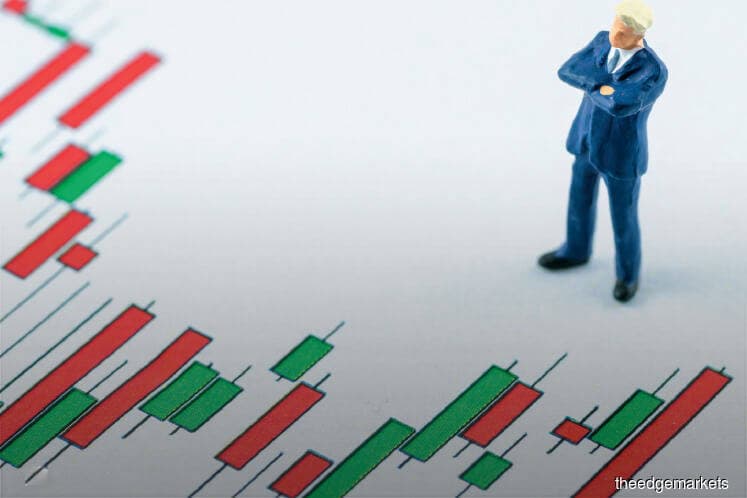
This article first appeared in The Edge Financial Daily on March 4, 2020
It was a volatile market last week as the political turmoil made Malaysians wondering what was the next move. The market started on a bearish note after Tun Dr Mahathir Mohamad resigned as the prime minister. The FBM KLCI then rebounded in the middle of the week on bargain hunting and ahead of the stimulus package announced later by Dr Mahathir.
However, that did not help boost market confidence and the KLCI closed at its lowest level since December 2011. Furthermore, global markets were in a bloodbath last week on worries that Covid-19 may be pandemic and hurt economies.
The KLCI fell 3.2% in a week to 1,482.64 points last Friday and was supported by rubber glove and downstream oil and gas companies. This week, the index went as low as 1,456.08 points before rebounding to close at 1,478.64 points yesterday after Bank Negara Malaysia reduced the overnight policy rate by 25 basis points to 2.5%.
Trading volume on Bursa Malaysia surged last week. The average daily trading volume increased to 4.2 billion shares, compared with 2.9 billion two weeks ago. The average daily trading value increased to RM3.5 billion, compared with RM2.1 billion, indicating that selling pressure was relatively stronger.
For the KLCI, decliners beat gainers 23 to seven. The top three gainers were Top Glove Corp Bhd (+6.6% in a week to RM5.64), Hartalega Holdings Bhd (+5.4% to RM6.20) and Petronas Dagangan Bhd (+3.8% to RM22.84). The top three decliners were Petronas Chemicals Group Bhd (-16.3% to RM5.40), Genting Bhd (-10.3% to RM4.95) and Westports Holdings Bhd (-8% to RM3.44).
Global markets were strongly bearish last week. The European and US markets were hit the most with at least double-digit declines in their indices. The spread of Covid-19 into Europe, the Middle East and Africa caused great concern among investors. The US Dow Jones Industrial Average plunged 13% in a week, the worst weekly decline since the 2008 financial crisis.
The US dollar weakened against major currencies. The US Dollar Index fell to 98.1 points last Friday from 99.3 points two weeks ago. The ringgit continued to weaken to 4.22 against the greenback last Friday, compared with 4.19 the previous week.
Commodities continued to fall last week as market confidence was weakened by the prospect of Covid-19 affecting economic growth globally. Brent crude futures plunged 14% in a week to US$50.08 (RM210.84) per barrel last Friday, the lowest in two and a half years. Crude palm oil fell 11.5% to RM2,322 per tonne, the lowest in four months. Gold pulled back from a seven-year high and declined 3.4% to US$1,587.15 an ounce.
The KLCI remained below the crucial support, now turned resistance level, at 1,500 points. The index failed to stay above this level after rebounding above it earlier last week. The next support level is at 1,350 points.
Technically, the trend remained bearish below the short- and long-term 30-day and 200-day moving averages. The trend has been technically bearish since November 2018. Furthermore, the KLCI was below the Ichimoku Cloud indicator and the Cloud continued to decline, indicating a strong downtrend.
Momentum indicators indicated a strong bearish trend. Indicators like the Relative Strength Index and Momentum Oscillator fell last week despite showing some signs of divergence the weeks before. Furthermore, the Moving Average Convergence Divergence indicator was below its moving average. However, these momentum indicators also showed that the index was technically oversold.
Henceforth, a technical rebound is expected if the index can stay above 1,470 points. However, the rebound can be faced with more selling pressure as market sentiment continued to be bearish. Therefore, the index may fall towards the next support level at 1,350 points if it fails to stay above 1,470 points.
The above commentary is solely used for educational purposes and is the writer’s point of view using technical analysis. The commentary should not be construed as investment advice or any form of recommendation. Should you need investment advice, please consult a licensed investment adviser.